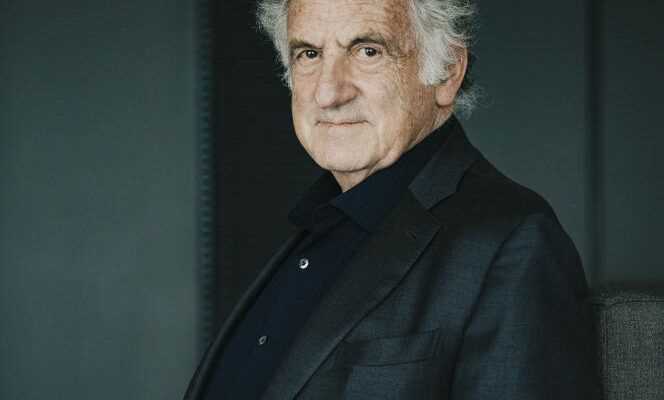In his latest work, A story of birth (Grasset & Fasquelle and France Culture, 288 pages, 20 euros), René Frydman recounts the developments in reproductive medicine, of which he is a recognized specialist, with 70,000 birth records passed through his hands in his forty-year career. .
The desire for a child has been at the heart of the debates on the bioethics law, which has just been passed definitively. What should be, according to you, the role of medicine to allow and supervise the realization of this desire?
I knew the time when women wanted to have the possibility of controlling the arrival or not of a child. I also participated in the fight in favor of contraception and access to abortion, symbols for women of the freedom to dispose of their bodies. You have to keep in mind that reproductive medicine only developed very recently, around fifty years ago. Until then, we didn’t even know how women ovulate!
On the desire for a child, it is accompanied today by two new notions: on the one hand, today we are responding to things that were impossible until now, thanks to techniques such as the gift of oocytes and, very recently, uterine transplantation. On the other hand, on the societal level, we note that this desire for children is incomparably later. I see several reasons for this: contraception, lifestyle, professional and romantic choices. Today, even in in vitro fertilization (IVF), there is a lot of support around the age of 37. An age that has significantly declined compared to the early days.
From this point of view, on the prevention of infertility, is the revision of bioethics laws a missed opportunity?
The text mentions the need for an information campaign on infertility, it will be necessary to see what is implemented. For years I have been calling for the establishment of a task force, in order to launch a real plan, such as the cancer plan for example, which would bring together all the players concerned: doctors and biologists in the field, health associations. patients… But to date, this has not been planned. And I deplore it.
Because today, young women are not sufficiently informed about what affects fertility. There is clearly a lack of prevention and information. Prevention is all that should be avoided in terms of food, behavior … and information would be to warn young women, around 33-35 years old, that their biological clock is going to be affected. in the years to come, and that they must be aware of this. Afterwards, it is up to them to decide, either, for example, to examine their ovarian situation, or to proceed with a self-preservation of their oocytes.
You have 76.74% of this article to read. The rest is for subscribers only.
